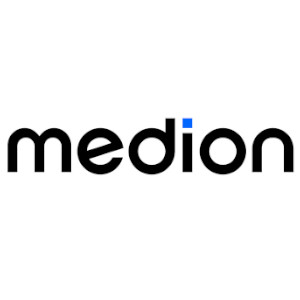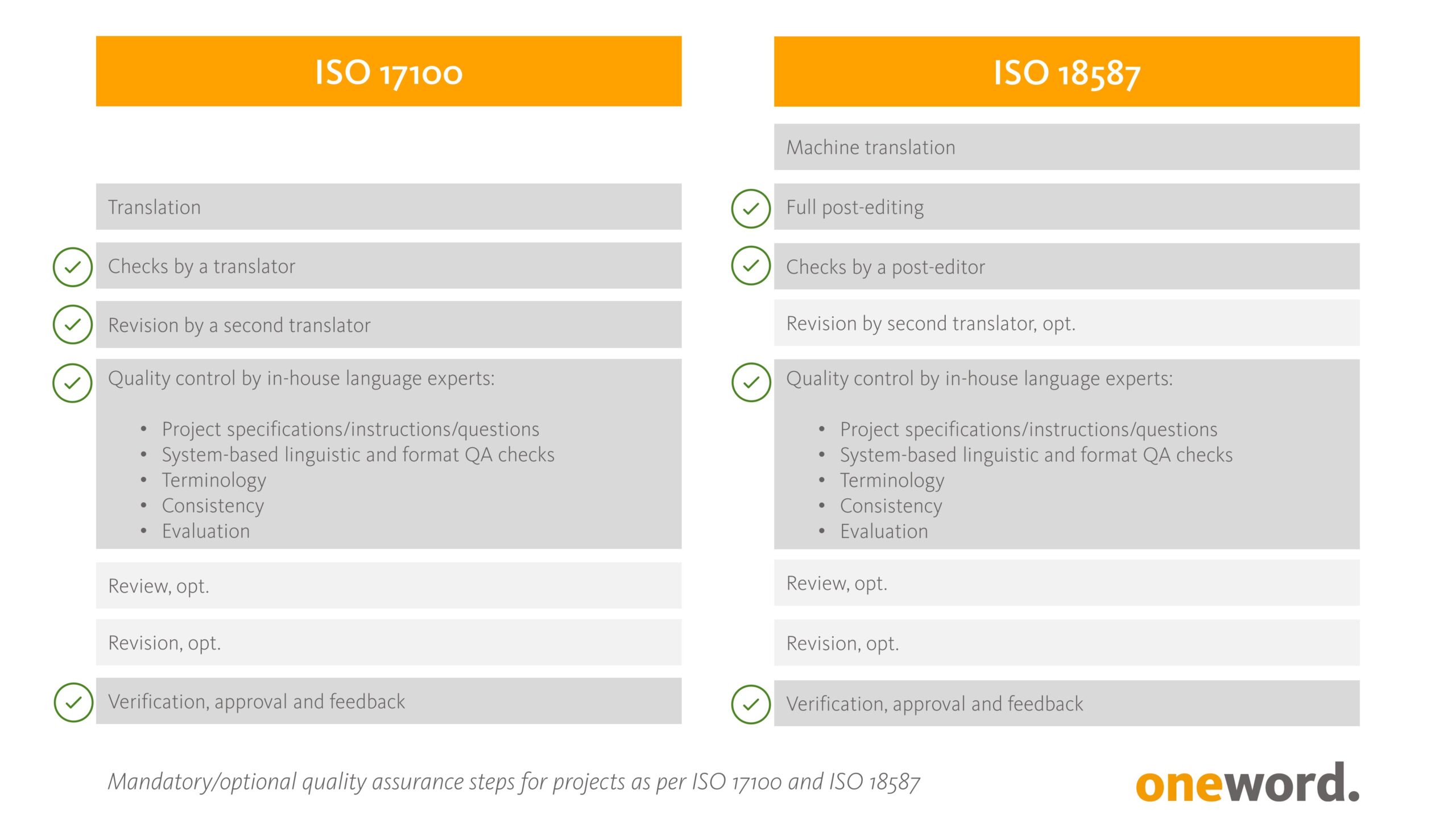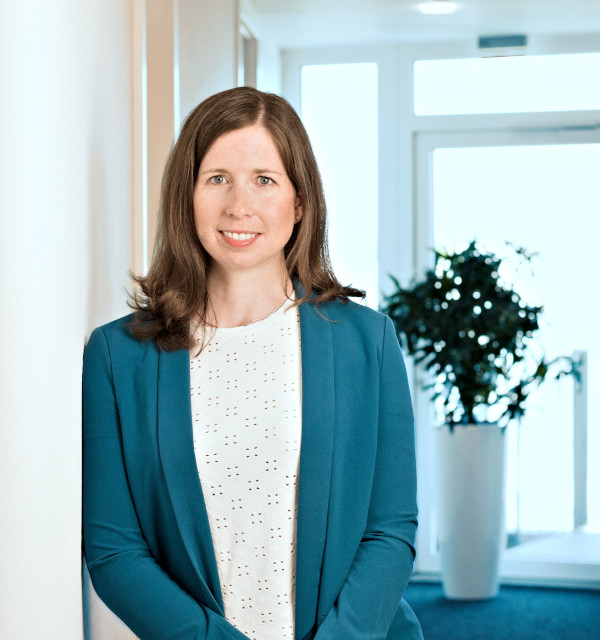
Requirements-based processes and quality assurance
We believe that the customer’s specific quality requirements take top priority, which is why we tailor each translation workflow to your exact needs and project specifications. The aim is always to deliver a translation product that fulfils all the customer requirements and to design the production process accordingly so that the risks of translation errors identified in advance are reduced as much as possible.
Our quality assurance measures at a glance:
Our multi-stage quality assurance process, based on the relevant ISO standards (ISO 17100, ISO 18587) and supplemented by our own comprehensive measures, regularly exceeds our customers’ expectations, without any additional costs. Our quality assurance begins even before the actual translation project, with the careful selection of our native-speaker professional translators and the training of our project managers.
As a family-run company, we are aware every day of our responsibility to our customers, internal and external employees, and partners. It’s important to us that our clients feel well taken care of and have confidence in us. Being highly focussed on the customer, creating long-term partnerships, promoting sustainable employee loyalty and work concepts, and communicating respectfully at all times are important values for us and really help keep the quality high at all service levels:
- Maximum security: Our certified processes guarantee the very highest reliability and consistently high quality.
- Customised processes: All our processes and documentation are tailored precisely to your requirements.
- Minimising risks with quality checks: Multi-stage, customer-specific steps to check the quality ensure that it is consistently high.
- Using qualified specialists: Our translators, revisers, post-editors and project managers demonstrably fulfil the requirements of ISO 17100 and ISO 18587 as well as our own strict standards.
- Continuously optimising processes: By regularly reviewing and improving our work processes, we never tread water when it comes to quality and efficiency.
- Quality-focused project management: We verify compliance with all requirements before every delivery.
- Goal-orientated and proactive communication: At the start of every project, we fine-tune the requirements, expectations and framework conditions and always have a forward-looking solution ready to prevent delays and optimise process steps.
- Project analysis: Each project is analysed in advance so that potential difficulties are not just identified when the text is being processed and reliable information can be provided on the processing time and costs. A feasibility analysis determines whether texts are suitable for machine translation.
Even though our processes are standardised, naturally we tailor our quality assurance to your individual requirements. We can design different translation processes and quality assurance steps for individual departments, text types or temporary requirements.
Contrary to the trend of working in teams with divided responsibilities and changeable staff, we rely on a holistic, excellently qualified project management team with permanent contact persons, permanent substitutes and permanent translation teams for our customers. We value employees who think pro-actively and are highly trained in all areas of project management, customer communication and the technologies used. These firm requirements help to eliminate errors from the outset and to deliver excellent results.
Quality and risks in the translation process
Anyone purchasing a product or service expects it to be delivered in accordance with the agreed requirements and conditions. This applies to the smallest screws, which need to be a certain length and fit certain nuts, or entire production systems that need to manufacture a certain number of products per hour without downtime. And it applies equally to the translation product and the translation service provided by the service provider. All of the client’s requirements have to be met for the correct quality levels to have been delivered. In practice, this means, for example, that the translation contains the specified terminology, units of measurement are localised as required, there are no spelling or content errors and the translation was delivered on time via the desired channel.
Are you unsure which requirements apply to your translations? Our experts will be happy to advise you on developing translation project specifications in accordance with DIN ISO 11669.
Complying with customer requirements is also relevant for another reason: incorrect translations represent a risk for companies. While the risk in internal company communication can be considered fairly low, errors in a flyer produced in a print run of thousands can have negative economic consequences. Translation errors in operating instructions or instruction leaflets can lead to property damage or even personal injury, so the risk here is considered very high.
Would you like to learn more about how the right risk assessment can save you valuable resources and reduce costs? Our specially trained quality and risk experts will be happy to answer your questions.

“oneword is an extremely reliable and trustworthy partner, who make us feel well taken care of. Working in compliance with standards is very important to us. We strictly adhere to IEC/IEEE 82079-1 when creating our own documentation and therefore observe the translation processes specified in the standard. These are fully met by oneword thanks to its ISO 17100 certification. In addition, oneword fulfils the requirements we have for quality, competence, project management and communication in every respect. We are completely satisfied with every aspect of the service – a big ‘thank you’ to the whole team! It’s a pleasure to work with you!”
Certifications and relevant standards in the translation industry
Every step of the value chain is based on our ISO 17100 and ISO 18587-compliant processes and our ISO 9001 quality management system. In addition, we offer you further optional quality assurance levels depending on your requirements and the risks you have identified. Regular quality measurements and assessments ensure that we provide a consistently high level of quality.
We work in accordance with the following standards:
- As the foundation of our translation services, we and our processes have been certified to DIN EN ISO 17100:2015 since 2013.
- We were one of the first service providers to be certified to DIN ISO 18587:2017 for machine translation and post-editing, or MTPE, in 2019.
- Our quality management system is certified to DIN EN ISO 9001:2015. We are continually improving our processes through internal audits and many other measures, with customer and employee satisfaction taking centre stage.
- Our quality measurements and evaluations are based on DIN ISO 5060:2025 and MQM.
There are now numerous standards in translation services, which also influence our process design in many ways. You can find more in-depth information in our blog posts on the most important standards in the translation process and the standards landscape in the translation industry.
Actively helping to shape industry standards
As a DIN member, we send our Head of Quality Management Eva-Maria Tillmann to the Terminology Standardisation Committee (NAT), where, as an expert, she sets industry standards together with other industry representatives in translation services and translation-oriented writing. At a national (DIN) and international (ISO) level, standards are developed jointly and according to the consensus principle.
Eva-Maria Tillmann is also chair of the working committee for translation services and co-project manager for the two standards ISO CD 18587 (post-editing of machine translations) and ISO CD 18968 (translation-oriented writing), both of which are currently still being drafted or revised. In this way, oneword is contributing towards the important standardisation of translation processes, to ensuring an industry-wide understanding of quality, and also to the comparability of translation services internationally.
Do you have questions about the specific content of standards or are you interested in working with us? Please get in touch with Eva-Maria Tillmann.
8 good reasons to choose oneword.
Learn more about what we do and what sets us apart from traditional translation agencies.
We explain 8 good reasons and more to choose oneword for a successful partnership.





